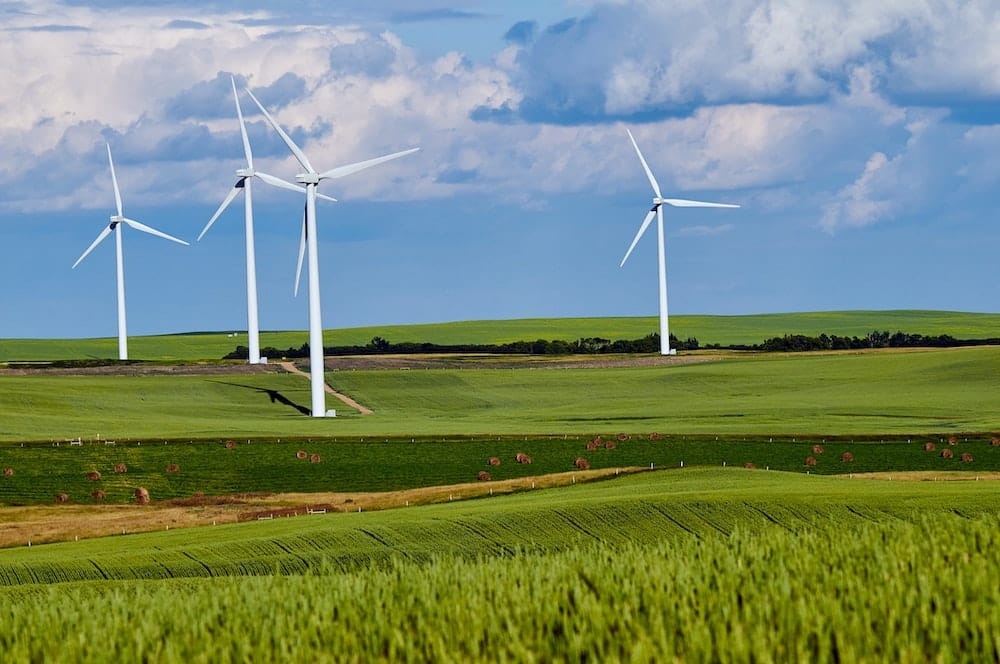It is no secret that the global energy crisis has had a profound impact on underdeveloped nations. The lack of reliable and affordable electricity has been a significant barrier to progress in these regions, hindering economic development, healthcare delivery, and educational opportunities. However, amidst this challenge, there is a glimmer of hope. Clean renewable energy solutions are emerging as a ray of light, illuminating the path towards a brighter future for underdeveloped nations.
Energy poverty solutions in the form of solar, wind, hydro, and biomass, are increasingly gaining momentum in underdeveloped nations as viable alternatives to conventional energy sources. Moreover, by reducing reliance on imported fuels, underdeveloped nations can enhance their energy security, and take advantage of climate financing initiatives leading to greater autonomy and independence.
The Importance of Energy Access in Underdeveloped Nations
Energy poverty, defined as the lack of access to modern energy services, remains a pressing issue in many underdeveloped nations. The consequences of this lack of energy access are far-reaching and impact various sectors of society. Healthcare facilities struggle to provide adequate medical services and store life-saving vaccines without electricity. Schools face difficulties in delivering quality education without access to lighting and energy-powered tools. Furthermore, the absence of reliable electricity hampers economic development by limiting opportunities for industries and hindering job creation.
The Emergence of Clean Renewable Energy Solutions
Unlike conventional energy sources, clean renewable energy solutions offer a sustainable and environmentally friendly alternative to power underdeveloped nations. They are not only a way to combat climate change but also a means to alleviate energy poverty and promote socio-economic development. These solutions harness the power of natural resources such as sunlight, wind, and water, making them both renewable and abundant.
Solar Power: A Beacon of Hope
The sun, an abundant and readily available energy source for many underdeveloped nations, offers tremendous potential for progress. Solar power solutions are versatile, scalable, and accessible, enabling communities to generate electricity even in remote areas. Through solar panels and photovoltaic systems, households can power lights, charge mobile phones, and operate small appliances. Furthermore, solar-based microgrids can provide electricity for entire communities, fostering economic growth and improving quality of life.
Wind Energy: Harnessing the Power of Nature
For regions with suitable wind conditions, wind energy presents a viable solution for underdevelopment. Wind turbines can generate clean electricity for off-grid communities, bringing them into the realm of modern energy access. By harnessing the power of nature, wind energy projects can provide reliable and sustainable power without the need for costly fuel imports. Successful case studies demonstrate the positive impact of wind power on local economies, job creation, and energy independence.
Hydropower: Tapping into Sustainable Energy Sources
With abundant water resources, many underdeveloped nations possess the potential for hydropower generation. This renewable energy source utilizes the flow of water to produce electricity, offering a reliable and sustainable solution for energy access. Hydropower projects can range from small-scale facilities that power individual communities to large-scale installations that provide electricity for entire regions. By tapping into their water resources, underdeveloped nations can reduce dependence on traditional energy sources and pave the way for sustainable development.
Overcoming Challenges and Ensuring Long-term Sustainability
While clean renewable energy solutions hold immense promise, their widespread adoption in underdeveloped nations faces unique challenges. Limited financial resources, lack of technical expertise, and inadequate infrastructure often pose obstacles to implementation. However, these challenges can be addressed through governmental support, policy reforms, and international cooperation. It is crucial to promote knowledge transfer, facilitate capacity building, and encourage local engagement to ensure long-term sustainability.
While the potential of clean energy solutions in underdeveloped nations is vast, there remain several barriers that need to be addressed. Affordability and access to adequate energy transition financing are significant hurdles faced by these regions.
By investing in research and innovation, we can continue to make clean renewable energy solutions even more viable and accessible. Moreover, empowering underdeveloped nations to develop their clean energy industries and infrastructure will foster economic growth and create job opportunities. As a global community, we must actively participate in supporting and investing in clean energy initiatives for a brighter, sustainable future.
Conclusion
Clean renewable energy solutions offer a ray of hope for underdeveloped nations striving to overcome the challenges of energy poverty. By harnessing the power of the sun, wind, and water, these solutions are lighting the path towards progress, providing reliable electricity access, and spurring economic development. However, it is essential to address the unique obstacles faced by underdeveloped nations and actively work together to ensure long-term sustainability. By securing reliable and affordable electricity for all, we can illuminate the way towards a future where prosperity knows no boundaries.






